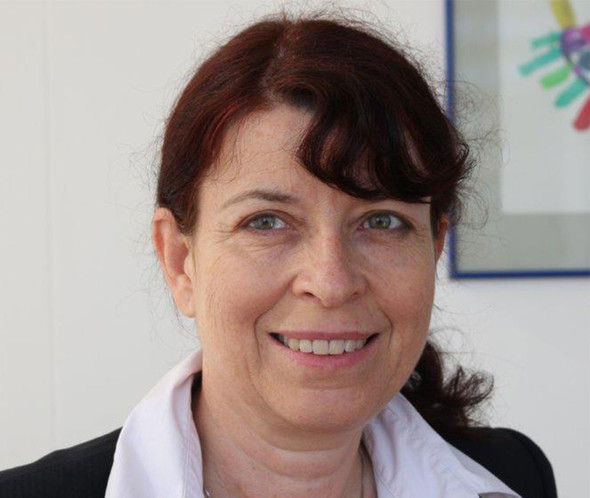Vesna Kerstin Petrič from the Slovenian Ministry of Health talks about how social participation should be used above all to reach vulnerable groups and to include them so health services can be shaped better to their needs.
Interview: Dietmar Schobel
HEALTHY EUROPE
Dr Petrič, in what way can greater participation by citizens and patients benefit health systems?
Vesna Kerstin Petrič: Universal health coverage – where no one is left behind – is not possible without social participation. If we want to identify and appropriately address the needs of the most vulnerable and sometimes hidden groups of the population, we must reach out to them and involve them in shaping our health services and policies. This can best be done through patient organisations or other institutions that they trust. I realised this at a very early stage in my career, when in the 90s we wanted to attract intravenous opiate users to participate in harm reduction programmes. After being introduced by community workers, we asked them what they would need, and they said: “Hot tea, some biscuits and a safe place to be”. We engaged NGOs to provide them with all of this and at the same time with information on HIV/AIDS transmission and on the harm reduction programmes available to them. We never had more than a few cases of HIV infections in this group.
HEALTHY EUROPE
Can social participation also increase the efficiency of a health system overall?

Vesna Kerstin Petrič: By taking patients’ experiences on board, we are actually able to improve the response of health systems and make them more efficient. In Slovenia, encouraging organised patients to become involved in the development and implementation of national health policies meant that we were able to optimise diabetic care and make it more accessible. Based on patient experiences we also changed the design of our screening programme for colorectal cancer to attract a far higher proportion of men. I believe that social participation could also help us stem the flood of misleading information on health issues, which is spread above all via digital media. By using the networks of organised patients and youth, for example, we would be better able to reach different population groups with the real facts and increase health literacy.
Universal health coverage – where no one is left behind – is not possible without social participation.
VESNA KERSTIN PETRIč, Ministry of Health OF SLOVENIA
HEALTHY EUROPE
A resolution on “social participation for universal health coverage, health and well-being” was passed at the WHO’s 77th World Health Assembly this year. Slovenia, which you represented, and Thailand were especially active in putting forward this idea. What do you hope to see from this joint declaration of WHO members?
Vesna Kerstin Petrič: Social participation has always existed, but the resolution is shining a renewed spotlight on the need to institutionalise it in all 194 member states of the WHO. It also highlights the need to promote the participation of women and those in vulnerable or marginalised situations, and it was intended to provide governments with better support in using the potential of social participation for ensuring universal health coverage, health and well-being for all. We expect the World Health Organization to compile good practice examples and make them available, illustrating clearly and simply what works – and what doesn’t. We have also asked for tools to be developed to enable countries to monitor the quality of participation and to measure how effective it is.
HEALTHY EUROPE
What countries are leading the way in Europe when it comes to social participation in health systems?
Vesna Kerstin Petrič: To a certain extent, participation in health systems already plays an important role in almost all European countries, and this should be made more visible. The countries that I consider to be leading the field in Europe and that have developed and published good practices, are Norway, Portugal, the United Kingdom and my country Slovenia. Not all of these states invest huge amounts of money in social participation, but one thing they all have in common is that their governments recognise the high value of social participation and have institutionalised it in one way or another.
Vesna Kerstin Petrič is Head of the Office for Cooperation with WHO at the Ministry of Health of the Republic of Slovenia. She is also on the board of the European Health Forum Gastein.
